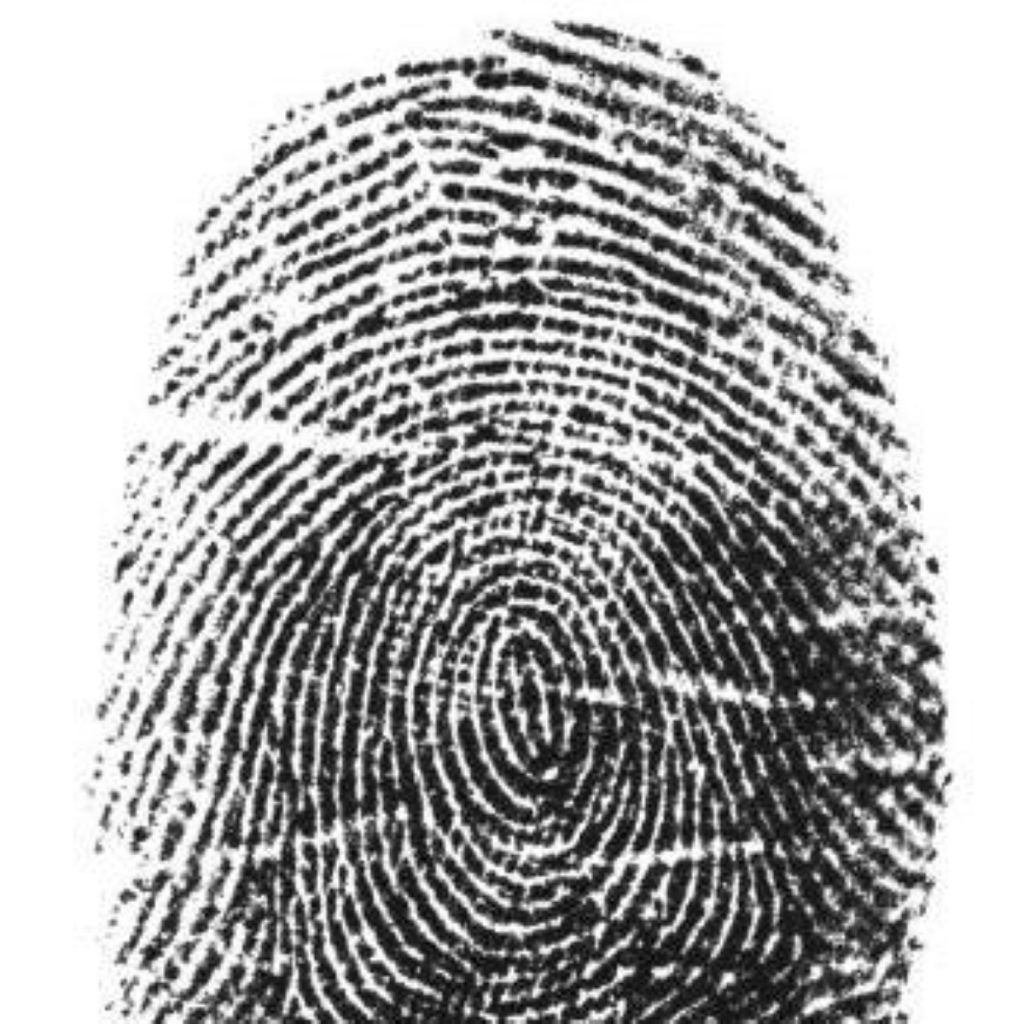Concerns grow over mobile fingerprint scanners
Plans for police to carry portable fingerprint-taking machines have provoked growing concerns from civil libertarians.
Police in Britain are to be issued with the mobile fingerprint scanners, allowing them to check the identity of people on the street.
“This implies a completely new power for police to fingerprint you in the street, using an iffy technology,” said Phil Booth of NO2ID.
“If refusing to cooperate can get you arrested, then you would have not just fingerprints but DNA on a criminal database for the rest of your life. That means the state can pick on anyone at any time.”


Gareth Crossman, policy director of Liberty, told The Guardian: “Saving time with new technology could help police performance but officers must make absolutely certain that they take fingerprints only when they suspect an individual of an offence and can’t establish his identity.”
The devices will be used by every police force in the country to save time and reduce the number of wrongful arrests.
A new initiative, entitled Project Midas, will be introduced within the next 18 months.
At present, it takes on average 67 minutes to take a suspect back to a police station in order to have their fingerprints checked.
Details of the technology were revealed in a presentation by the National Policing Improvement Agency (NPIA).
Geoff Whitaker, a technology officer with the NPIA, told the Biometrics 2008 conference that the project would be hugely beneficial for the police.
“If we scaled this [saving] up to the national level that would equate to 366 additional police officers on the beat. One of the benefits is that it will reduce the number of errors – and we can reduce the number of arrests significantly,” he said.
“There’s a huge range of opportunities [for] mobile ID. It could be used on the deceased at the scene of a crime, on suspects for intelligence in the early part of an investigation, [or even] in a mortuary.”









